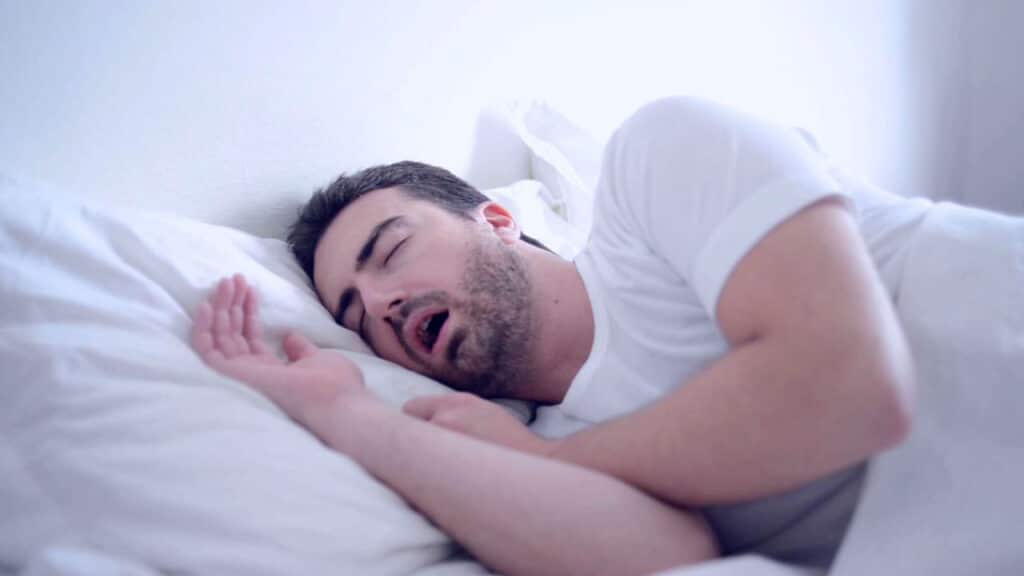You get up in the morning but you’re still tired and you have no energy. What’s going on? You’re not particularly stressed and you’ve checked out your hormone levels, but none of the usual suspects seem to be to blame. Perhaps you’re having a problem with sleep apnea.
Sleep apnea is one of the more common types of sleep disorder, but that doesn’t make it any simpler. Basically, it means your breathing is disrupted while you’re asleep. Not only might you have periods of shallow breathing, but sometimes it may outright stop. Clearly, that isn’t healthy.
In the more common obstructive sleep apnea, there’s a physical obstruction in the airway, such as it partially collapsing or the muscles not working properly. Slightly rarer is central sleep apnea, when you just stop breathing briefly. This is generally because your brain doesn’t properly signal your respiratory system to tell it that it should breathe.
It’s possible to suffer from sleep apnea for years without knowing it. The most prominent symptom is snoring. Sleep apnea can cause drowsiness during the day, with a knock-on effect on things like your ability to pay attention, your memory and your mood. It’s quite common for it to cause headaches. Of course, none of these symptoms are likely to ring major warning bells. It’s a lot easier to notice sleep apnea if someone else watches your breathing when you sleep.
Even the milder symptoms of sleep apnea, like poor concentration, can make it dangerous for you to drive or use heavy machinery. More serious conditions have also been linked to this type of sleep disruption. It may make it more likely that you’ll experience insulin resistance (potentially leading to diabetes) or cardiovascular problems such as heart attacks and strokes.
Anyone can experience sleep apnea, but it’s more common in older men. Drinking and smoking are both risk factors. It’s also more likely if you’re obese and can be influenced by the size and shape of your neck, chin, jaw, tonsils, tongue and nose. Some of these factors you’re stuck with, but others you can control.
If lifestyle changes don’t control sleep apnea and changing the way you sleep (such as lying on your side) doesn’t help, more significant interventions include CPAP machines or even surgery. The potential side effects of sleep apnea are serious enough that you shouldn’t just ignore it.




